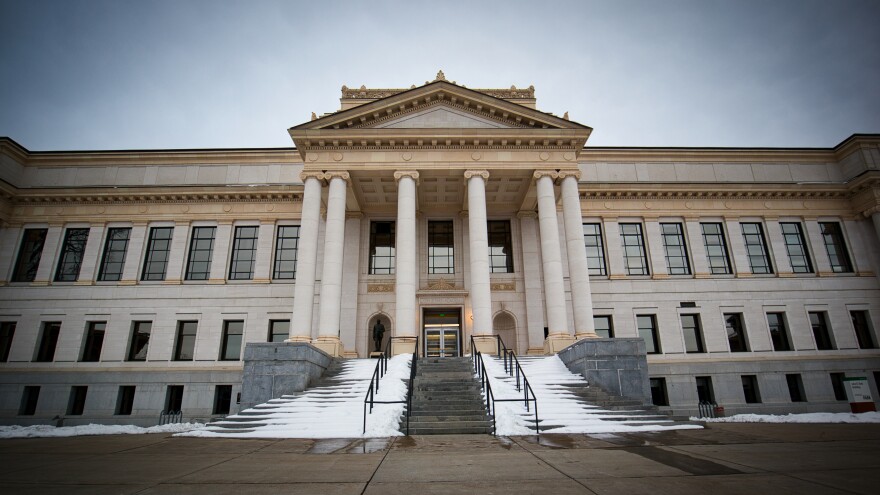After two long days of debate on tuition and student fee increases, all but two state regents voted in favor of raising costs at seven of the state’s public colleges and universities.
This is the first year that the state Board of Regents heard individual tuition and student fee proposals from eight institutions.
“It’s really customizing what the tuition increase should look like for each institution and that’s going to be good for students and good for the institutions,” said Harris Simmons, the chair of the board.
These actions come after an audit last fall slammed the Board of Regents for approving increases with little analysis, and rarely if ever, pushing back on them.
Prior to the audit, the Utah System of Higher Education had approved uniform tuition increases to cover inflation and staff compensation.
Currently, Utah’s in-state tuition is the third lowest in the nation, behind Wyoming and Florida. Tuition is most expensive at the University of Utah, where full-time, in-state students pay $9,222. Snow College has the lowest tuition at $3,742 for those same type of students.
Each institution gave detailed arguments for why the regents should approve tuition and student fees increases, or in the case of Southern Utah University, why it doesn’t need any increases this year.
“We have been relentless in cutting down costs,” said SUU President Scott Wyatt, who has led the university for the past five years as it increased enrollment and its retention rate. “We are getting a little bit larger and the growth is helping us now.”
SUU’s enrollment has increased by more than 30 percent 10 percent in the last five years and nearly 8 percent in the last year alone.

Dixie State University, where tuition for in-state, full-time students is $4,458 — the lowest among its university peers — sought a 5 percent tuition increase. It was the highest proposal of the week. The increase would create an additional $1.5 million. A significant amount of this money would go toward building an NCAA Division 1 athletics program.
The University of Utah, Salt Lake Community College and Dixie State proposed using part of their additional money for campus safety.
Utah Valley University wants to use part of the additional money to expand it’s mental health services. Currently, UVU has 10 mental health professionals. The tuition increase will allow it to fund two additional mental health therapists and one part-time psychiatric nursing practitioner. UVU students also voted to raise their student fees to help hire a third additional mental health therapist.
But not all regents were as supportive of increases this year, especially after the Utah Legislature appropriated about $236 million for higher education and another $50 million each for buildings at UVU, Weber and Dixie. The legislature also approved additional capital developments at Dixie, Snow, UVU, SUU and SLCC.
Regent Sanchaita Datta, the newest member of the board of regents and one of only two people of color on the board, said she is reluctant to approve increases when the Utah economy is so strong.
“I would really love to see the institutions step up, improve some efficiencies and give the benefit to the students,” she said
Regent Thomas Wright agreed.
“It would be so hard for me today to vote for a tuition increase for a student who probably already can’t afford it,” Wright said.
Datta made a motion to delay the vote by one week to give the board even more time to analyze the proposals and see if any of them could be scaled back. The majority of regents did not support that idea.
At the end of the day, Datta and Wright voted against the tuition increase proposals. Wright also voted against student fee increases. The rest of the board approved the proposals.
Regent Daniel Campbell said he understands why some on the board want zero increases given the legislature’s investment, but he said, “in my mind that would be fine in a static world ... but when we have institutions who are growing in stature on at a national stage … that takes investment.”
The tuition hikes will go into effect for the summer semester.




